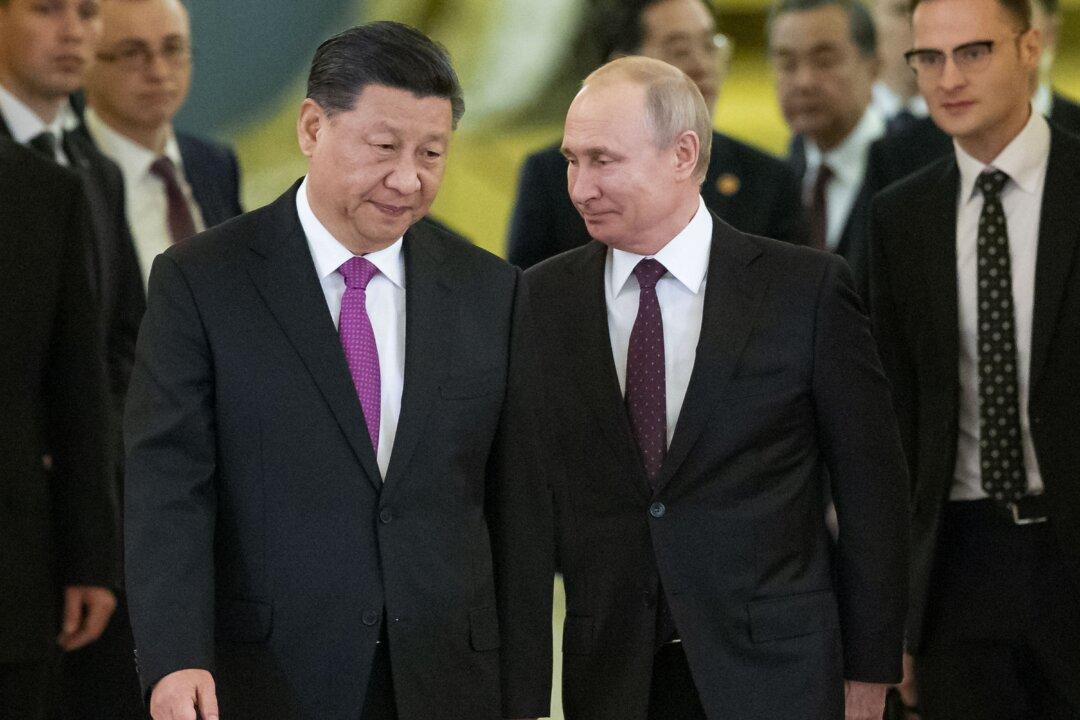China and Russia are engaged in authoritarian attempts to subvert and change the rules of the international order, according to one expert. The attempt, they say, can only be thwarted by a united effort of the world’s democratic nations.
“China and Russia are authoritarian states that see themselves constrained, encircled, and threatened by the liberal democracies led by the United States,” said Aaron Friedberg, a visiting senior fellow at The German Marshall Fund of the United States.




